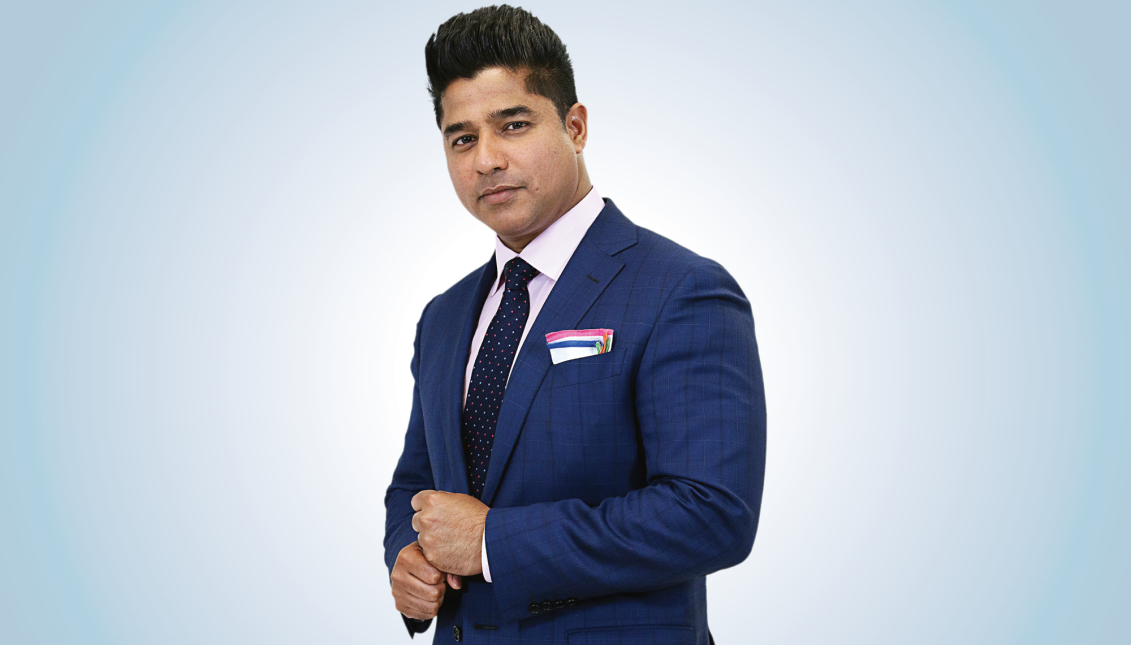
Ajay Raju: Born in India, made in Philly
Ajay Raju, Executive Chairman & CEO of Dilworth Paxson LLP, sat at the AL DÍA News roundtable and talked about his vision for one of the most historic law…
Ajay Raju, Executive Chairman & CEO of Dilworth Paxson LLP, sat at the AL DÍA News roundtable and talked about his vision for one of the most historic law firms in Philadelphia and for the City of Brotherly Love.
Raju was born in India and made in America. When he first came to Philadelphia at age 14 he didn’t speak English but he already had the awareness of a leader.
“Leadership is something that is instinctive,” Raju said. “Most leaders are born leaders, and their circumstances and their influences can refine them and make them even better.”
In 2014 he joined Dilworth Paxson to take the law firm model and business to a whole new level. He says law is one of the few industries that discourages innovation, but he is doing his part to change that. “We have this amazing deference to the way it was done 200 years ago and we are trying to break that,” he said.
Among the initiatives he is implementing is a CEO council — a who’s-who within the region, which includes names like Drexel’s John Fry and Temple Law School Dean Joanne Epps — and which will eventually become the formal board of the law firm. “For law firms, having an external board is rare, you just don’t find it anywhere in the country,” Raju said.
Then there’s “The Exchange,” a $2 million state-of-the-art space on the 33rd floor of Dilworth Paxson’s headquarters, which offers access to 13 venture funds, and which Raju describes as a lazy susan for business and as a one stop shop for startups.
“This is where TED talks and hackathons will happen, where exchange of ideas — but also funds that are essential to our growing economy — will take place,” Raju said.
There is also the foundation over which Raju presides with his wife Pamela, whose objective is to “re-establish” Philadelphia as a global force in policy, commerce and culture. Its main enterprise is the Germination Project, an incubator for the next generation of business, political and civic leaders drawn from Philadelphia’s high schools. It’ll be officially launched June 11 in a gala that will be like a combination of a high school prom and an NBA draft.
Another one of Raju’s bets, is The Philadelphia Citizen, a nonprofit media organization which aims to spark conversation and provide solutions to some of the most pressing issues in the city.
For now, Raju may not have any political aspirations but he says the work that he does, whether at the law firm or the foundation, is similar to what elected officials do. “You don’t need to be mayor to make an impact in this region,” he said.
In regards to those who do have mayoral aspirations, Raju had a thing to say about his relationship with Nelson Diaz, partner at Dilworth Paxson; his endorsement of Anthony Williams; and why councilwoman Maria Quiñones Sanchez could become mayor of Philadelphia.
Here’s what Raju had to say...
On how to pronounce his name:
About being an immigrant:
When I came here I was absolutely aware of the fact that I was an immigrant and I had to reset. I felt different and I felt I had an opportunity to earn my spot at the table, but I never felt unwelcome. Even if people said this table is taken, there was always another table that was available where I could go — especially if you have the sort of radiance that you have something to offer. America is kind, loves talent and embraces you if you go with that rough-and-tumble nature of our democracy. I always feel like an immigrant because I think like an underdog.
About the Germination Project:
We are trying to create that ecosystem that exists in the sports world. If you are a young talent and if you have great physical abilities it doesn't matter what kind of family you come from, whether you’re Black, White, rich or poor, college scouts will find you and you will take that seed of potential and germinate it all the way to the NBA or the NFL. Now take that kid and replace his (physical) talent with leadership. We are identifying young talent and creating the environment so it doesn't slip through the cracks, it gets the proper refinement and coaching, and it doesn't fly away to Boston or New York.
About The Citizen:
This experiment is more of a solution based journalism to curate events where intellectuals are brought in to talk about some of the most pressing issues in Philadelphia; for example education, and not only as a snapshot, but to study what other cities and countries are doing and how we can incorporate that to solve our problems. The original design was to create a data-driven and data-centric collection of intellectuals who would talk about topics that are heavy on our minds and solutions that don’t have to be organically grown in Philadelphia but instead can be borrowed from the rest of the world. The Citizen is doing what we originally aimed for it to do: spark up conversations, provide solutions that are not currently around, and spark a bottom up revolution.

About endorsing Anthony Williams:
Williams is potentially the connective tissue that bonds the two worlds of the two Philadelphias. He has an ecumenical approach to solutions. He has a pretty broad base and is open to new ideas. He understands the issues for the bottom 60 percent, and at the same time, I don’t see him as a champion of the privileged, but he is definitely a persuader of the privileged to become champions of those who don’t have privilege. He is not afraid of engaging with billionaires, business leaders and saying ‘I need you to help my community, to invest and solve this problem, to be a venture philanthropist, to be a social entrepreneur.’ We need somebody, at this tipping point in Philadelphia, who understands the needs of the 60 percent and at the same time is not holding the 40 percent from flying higher.
About his relationship with Nelson Diaz:
It’s a big brother-little brother relationship. I often draw on his perspectives, that I may not have, based on his personal journey. He doesn’t just talk about policies and ideas, he’s lived them. I have deep respect and admiration for him but I had to make the tough choice of endorsing a different candidate. When we first talked about his hopes for the mayoral race, my main concern was whether or not his candidacy would be viable or if he would have the ability to raise money. Do I think that he could be a fantastic mayor? Absolutely. This will be a very close election. Nelson has a shot just like everybody else. We may be surprised.
About María Quiñones-Sánchez:
If she would’ve run this time around, I think she probably could be mayor. She is one of the most respected City Council members in recent times. In a recent press conference she had four mayors, all the way from Green to Nutter — Street and Rendell were also there. She has a broad base of support yet she doesn't have the support of her community leaders. That to me is endemic of a group that doesn't know how to come together at important moments because of their personal politics or deep seated issues that are not related to the community at large, but instead, the gamesmanship of who sits where at the table. Not endorsing her again was a lost opportunity (for the Democratic City Committee). I can see her being mayor in eight years.
About the Latino community:
The voice on behalf of Latinos doesn't resonate or echo as loudly as it should. There should be more consolidation of voices within the community. The base has to be more active and not just outsource it to a handful of people who represent them, or that they think are representing them. There has to be better representation of the Latino community in the mainstream. It’s a huge community but when I look around the boards in Philadelphia — whether it’s arts and culture institutions or political organizations — there are three or four Latino leaders that are in everything. Where are the rest of them? Either somebody has to create room for the rest, or the rest have to march in there and take up seats.
About his political aspirations:
To be blunt and honest, you can’t fight self greed and right now I think I’m too greedy and selfish. I’m still building my family, my firm, my funds, and giving back through philanthropy, nonprofits and the foundation. In order to be a public servant you have to be ready. I have a calling and I want to help, but I think I can do it in a different way. It doesn’t have to be within City Hall. You don’t need to be mayor to make an impact in this region, you can do it in different ways.


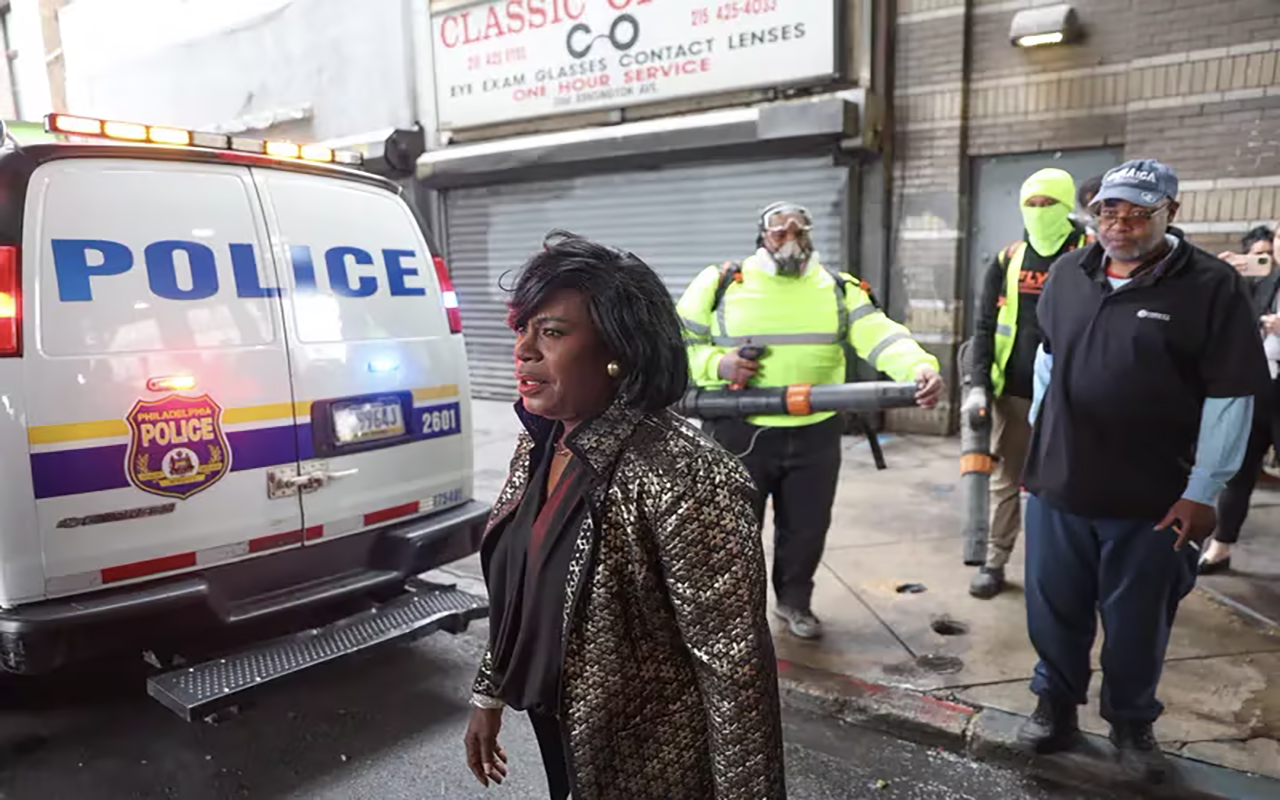
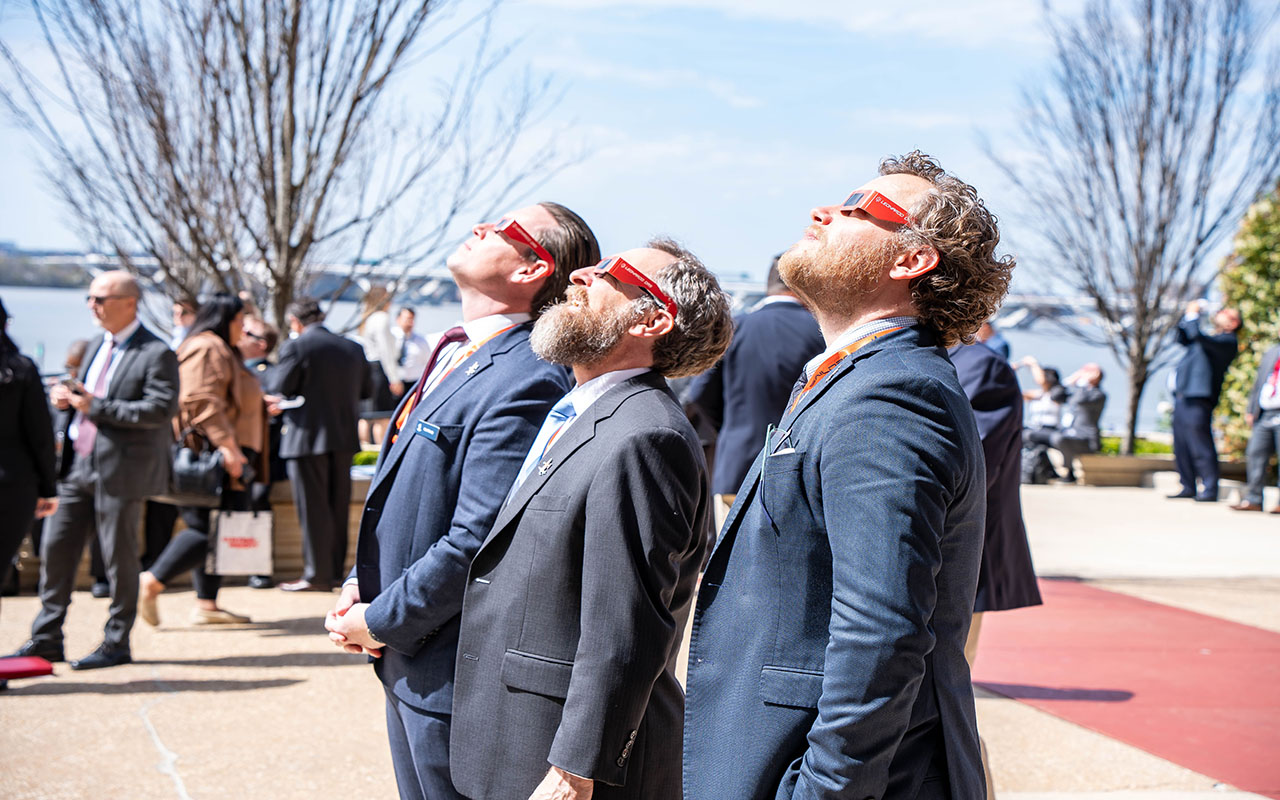
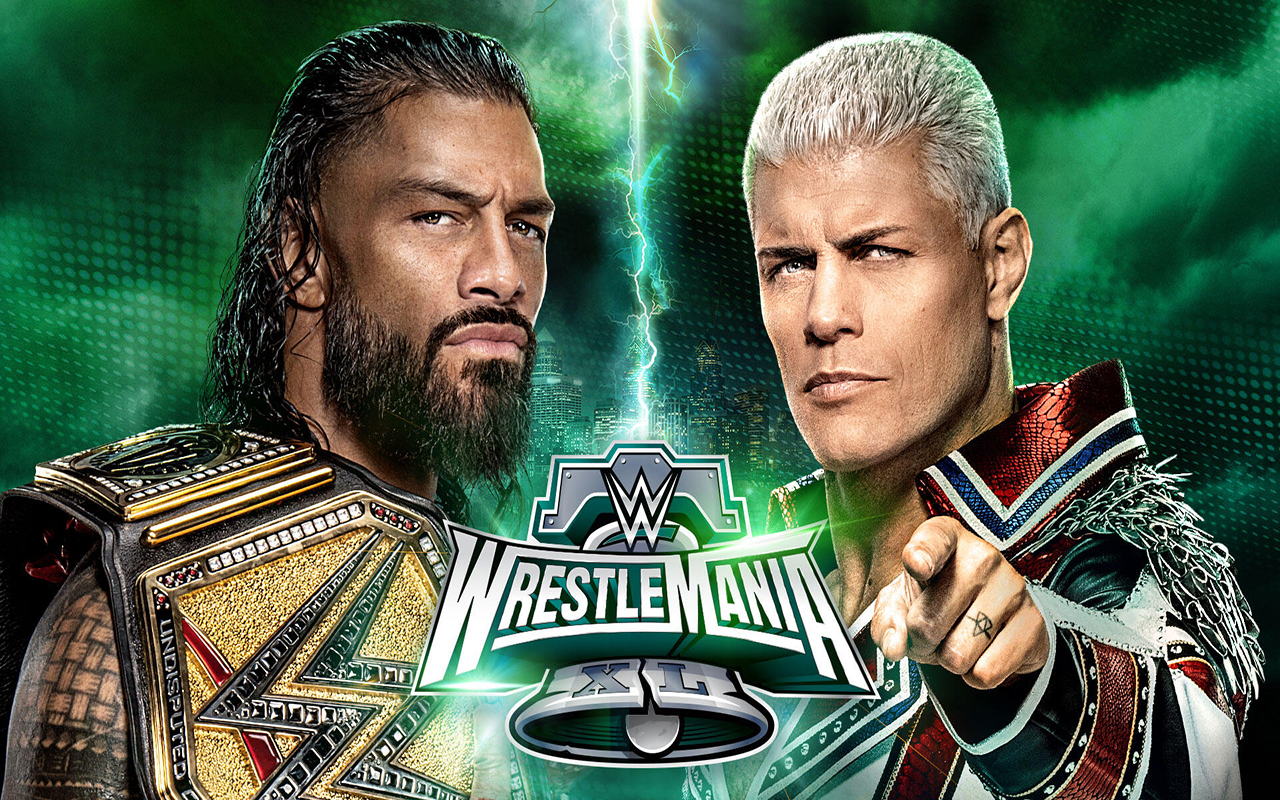
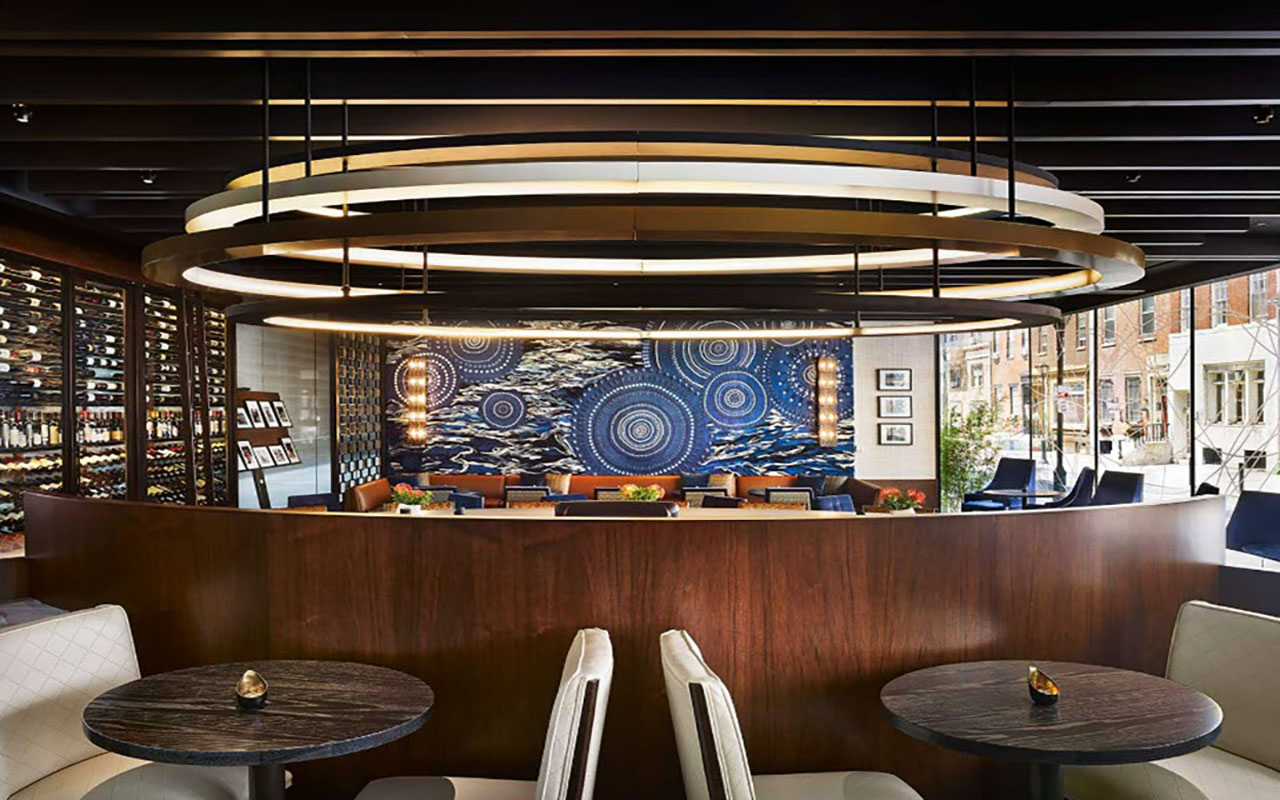
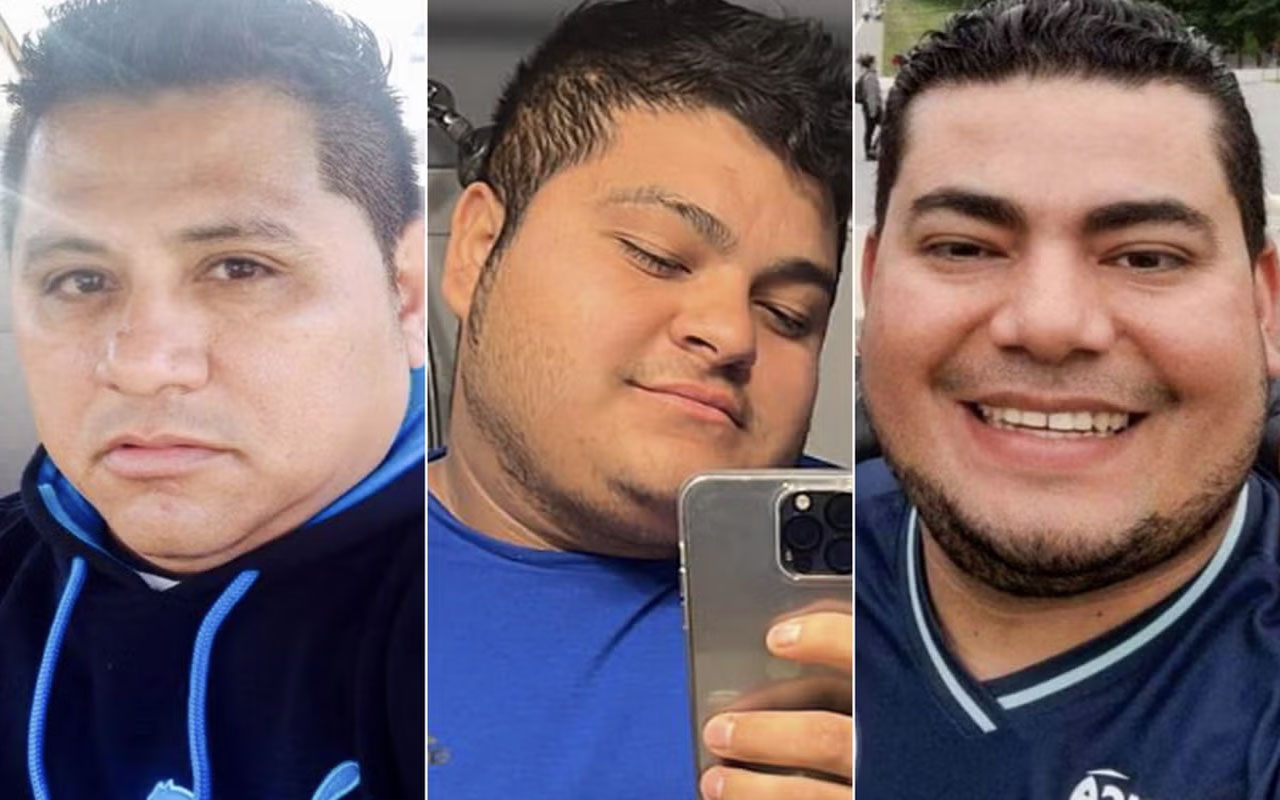
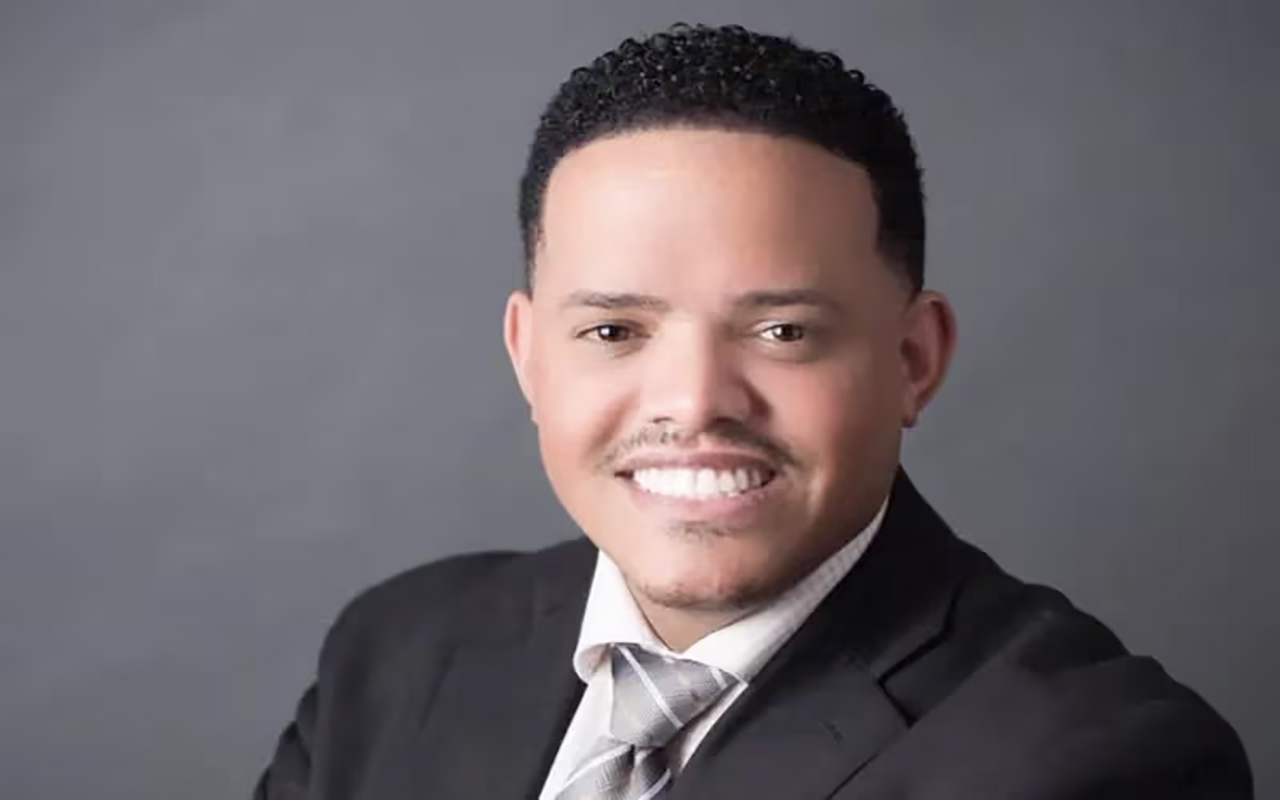
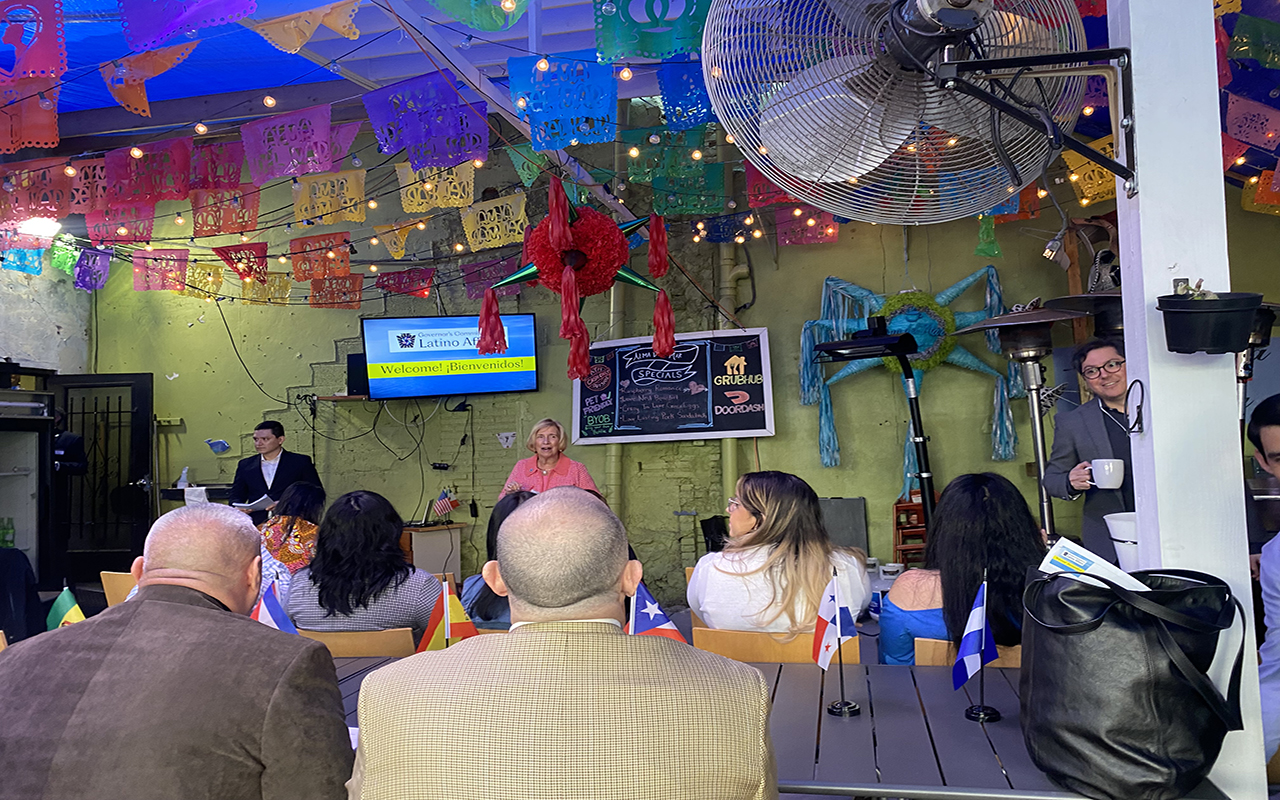
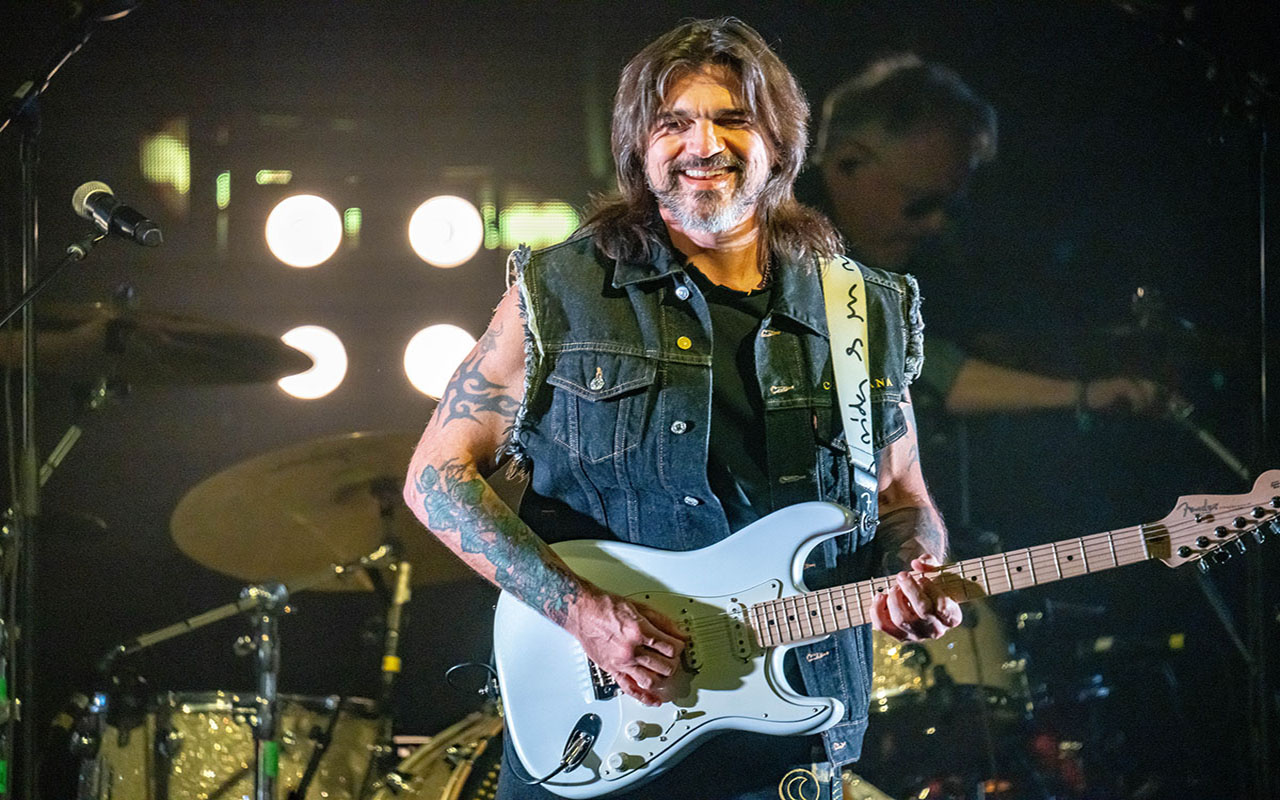
LEAVE A COMMENT:
Join the discussion! Leave a comment.